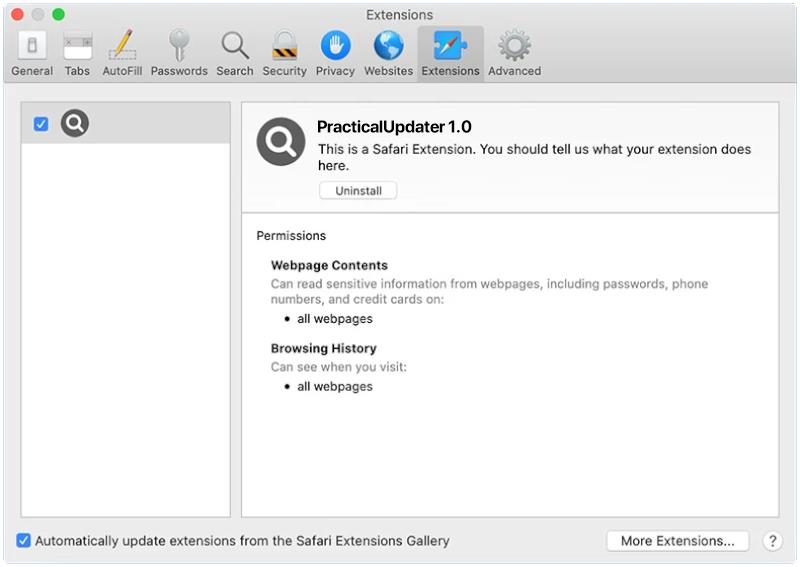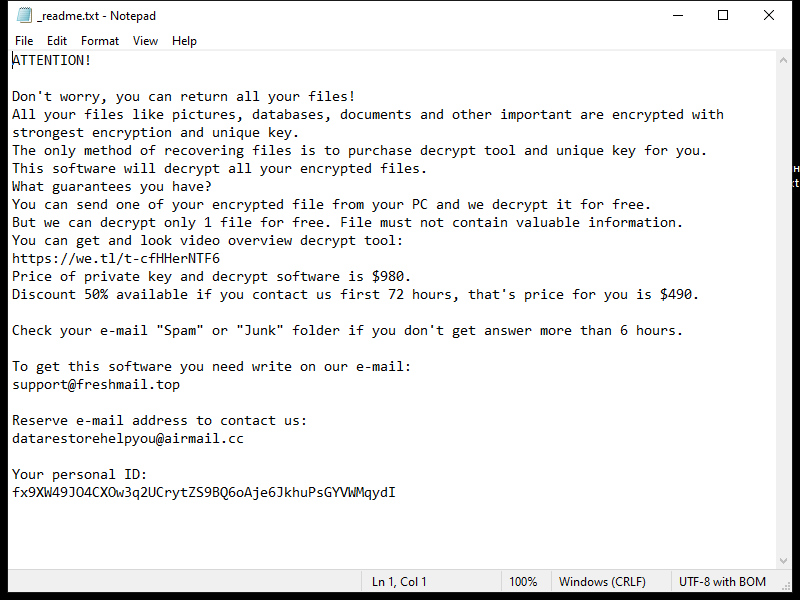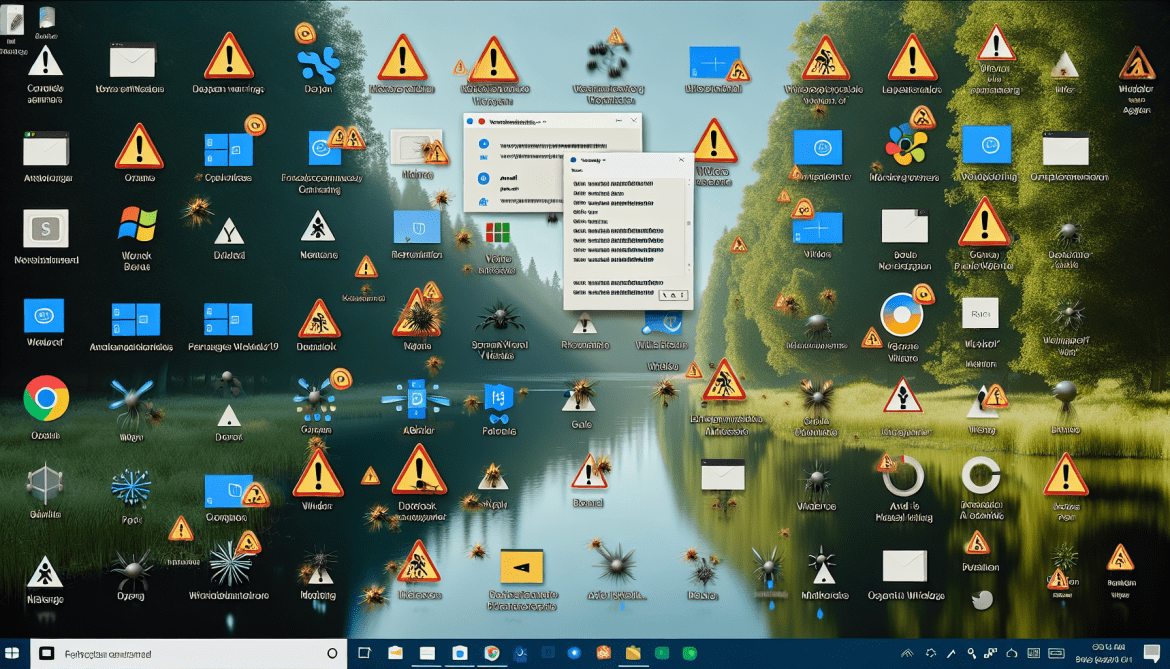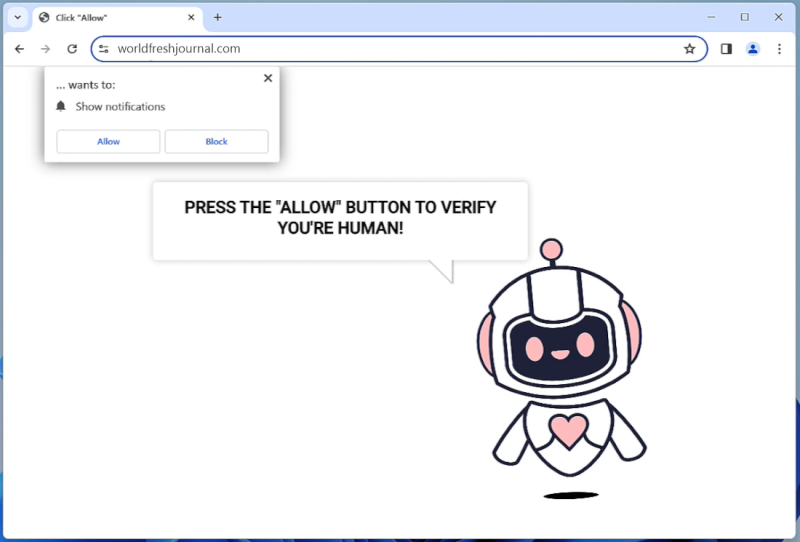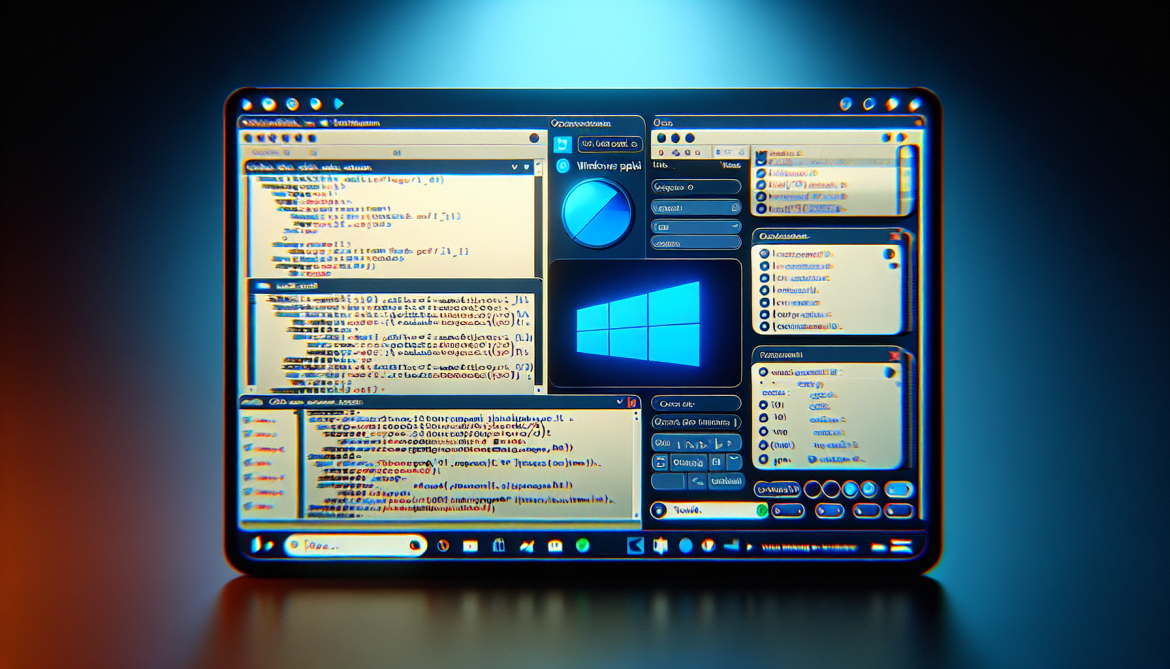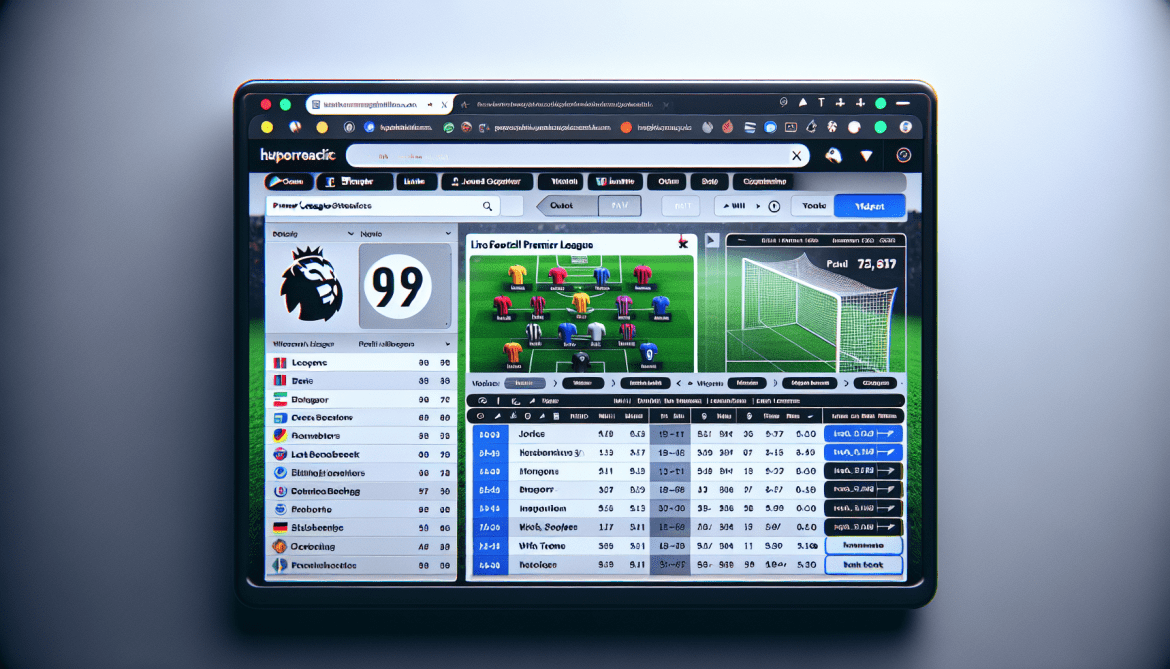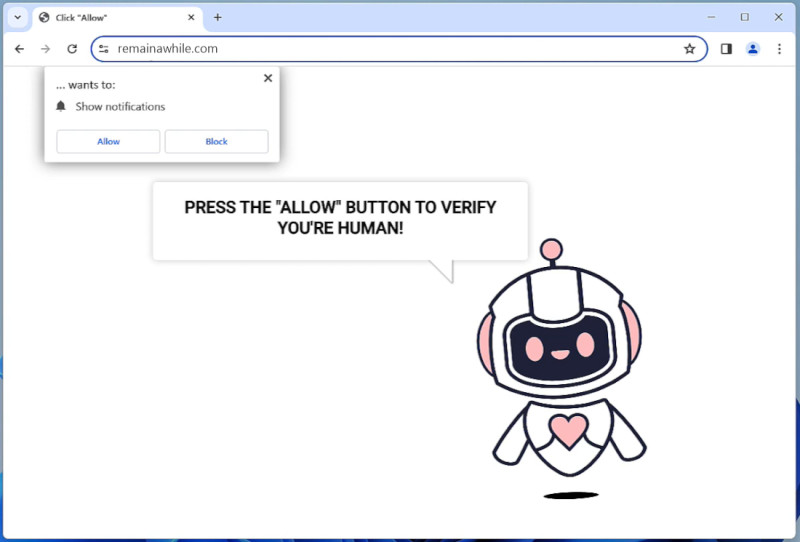PracticalUpdater is a type of malware that specifically targets macOS systems. It disguises itself as a legitimate software update or utility tool, tricking users into downloading and installing it onto their computers. Once installed, PracticalUpdater can perform a variety of malicious activities, such as stealing sensitive information, monitoring user activity, and installing additional malware onto the infected system.
PracticalUpdater typically infects Mac systems through malicious websites, phishing emails, or software downloads from untrusted sources. Users may unknowingly click on a fake software update prompt or download a compromised file, allowing PracticalUpdater to gain access to their system. To prevent infection, it is important for Mac users to only download software updates from official sources and practice caution when clicking on links or downloading files from unknown sources.

